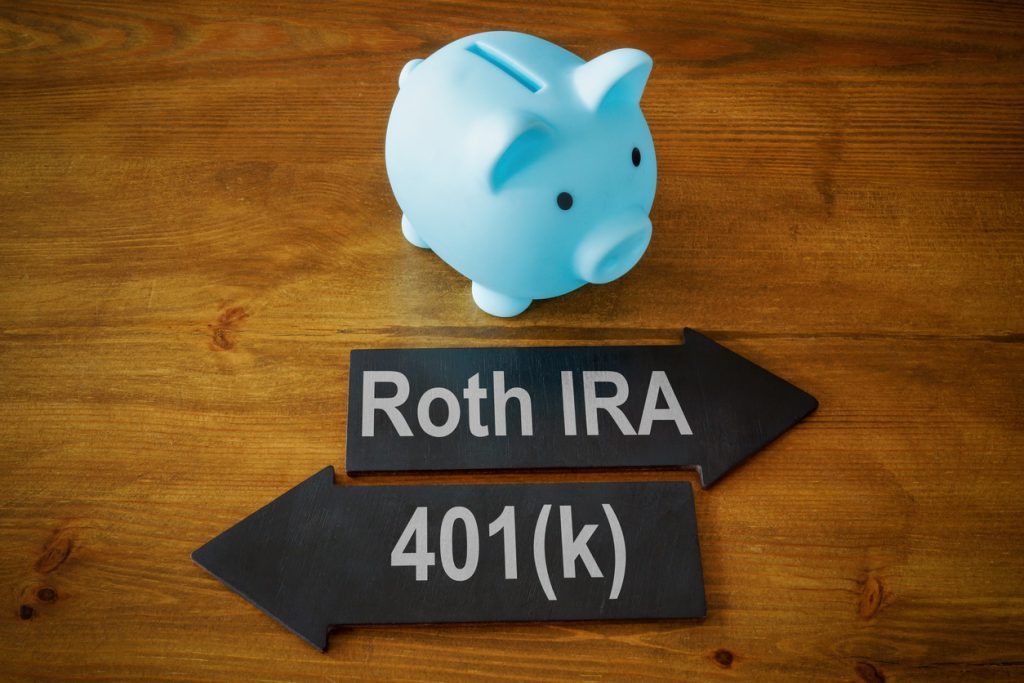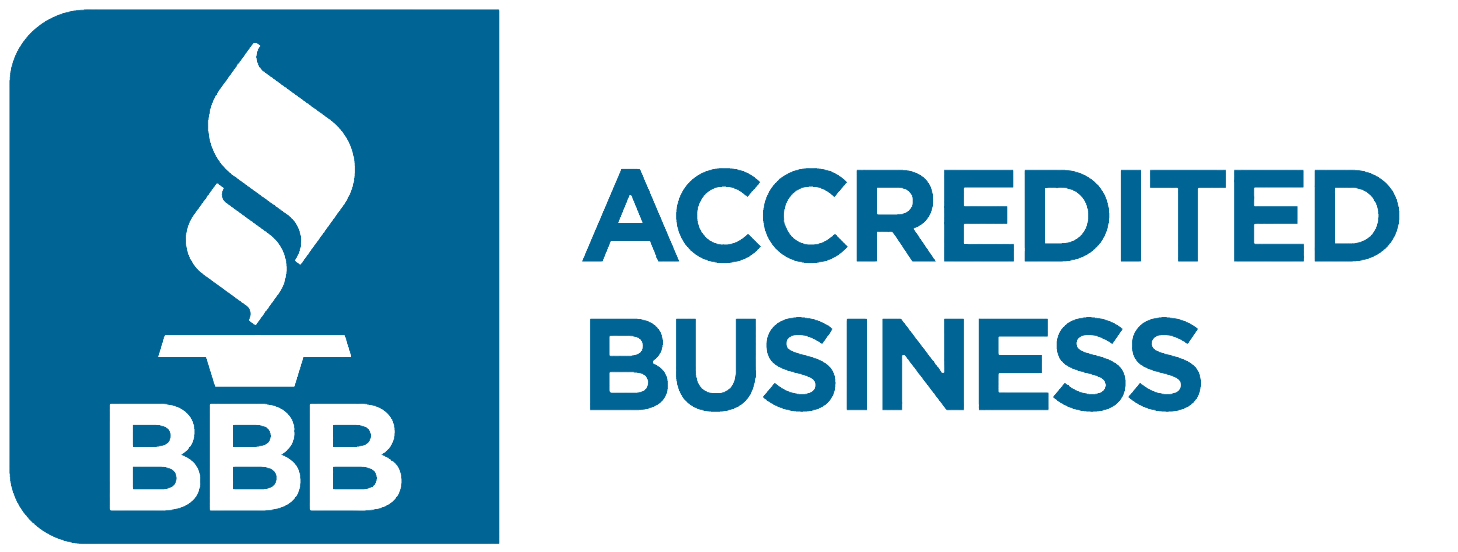
Let’s say you’ve just changed jobs. What are you going to do with your 401(k)? You may be able to convert your 401(k) to a Roth IRA, but is that a good option for you? In this article, we’ll talk about what happens when you make this conversion and give you some examples of different financial situations for when this could be the right move for you.
Making the Calculation
One of the most important things to consider if you’re making the conversion to a Roth IRA is this: If you have a traditional 401(k), the money in the account is pre-tax, which means you will have to pay full income taxes on what leaves that account.[1] The Roth IRA can be withdrawn from tax-free, but because the traditional 401(k) and IRA provide pre-tax contributions, you will have to pay taxes now in order to receive tax-free withdrawals from the Roth later. That means you should consider if you’d rather pay taxes now and know your withdrawals are tax-free or pay taxes later because you don’t think your tax levels will go up.
A conversion to a Roth IRA can be useful for those who want to take advantage of what might be historically low tax rates, especially for higher-income earners and those who expect higher incomes at the time of their retirement. This is because they can pay today’s tax rates but re-invest through a Roth so their investments can grow and be withdrawn completely tax-free after 59.5.[1] A Roth conversion may also be smart after a portfolio decline so that you can pay a lower amount in taxes due to depressed asset values and then benefit from a rebound in a tax-free withdrawal account.
A Roth conversion might not be for you if you don’t believe your taxes will be greater later, either due to your income levels or because you think taxes may stay the same or go down. Also, if your pre-tax contributions are helping you stay within a desired tax bracket currently and are a part of a larger integrated retirement saving plan, you may not want to change your retirement account plans as it would require you to re-examine the rest of your strategy as well.
Limitations of the Roth
Additionally, there are contribution limits to Roth IRAs based on income.[1] If you are making $138,000 as a single person as of 2023 or $218,000 as a married couple filing jointly, normally, you would be limited in the amount you could contribute to a Roth IRA.[1] As your income increases beyond those values, you are allowed to contribute less and less to a Roth IRA.[1] However, if you are performing an official, qualified conversion into a Roth account, as opposed to regular contributions, you can get around these limits. This can be useful to people who already have a different retirement account funded, are above the income requirements, and are looking to convert some of their retirement funds to these post-tax accounts.
Like many retirement concerns, a Roth IRA has to be considered and handled delicately. If you are looking for a guide to your retirement concerns, consider reaching out to one of our professionals for a complimentary review of your financial situation.
[1] https://www.investopedia.com/articles/retirement/08/convert-401k-roth.asp
This article is designed to provide general information on the subjects covered. Pursuant to IRS Circular 230, it is not intended to provide specific legal or tax advice and cannot be used to avoid penalties or to promote, market, or recommend any tax plan or arrangement. You are encouraged to consult your personal tax advisor or attorney.










